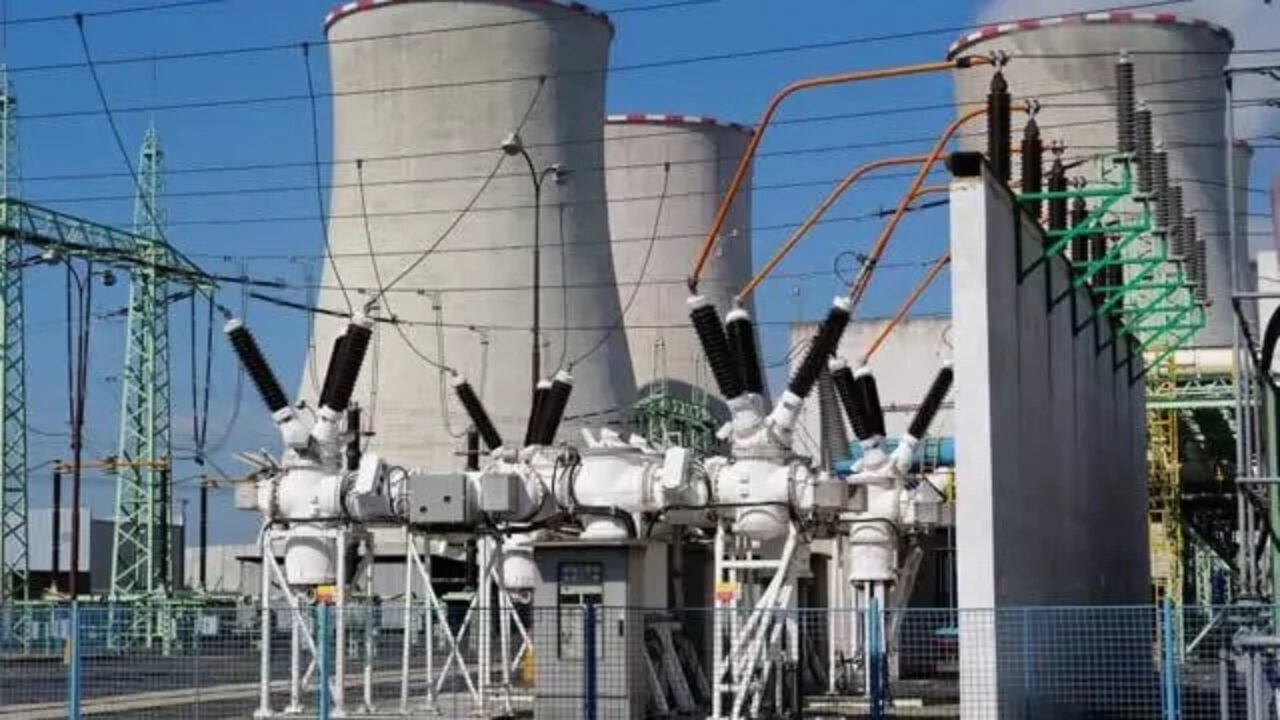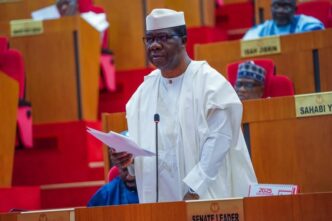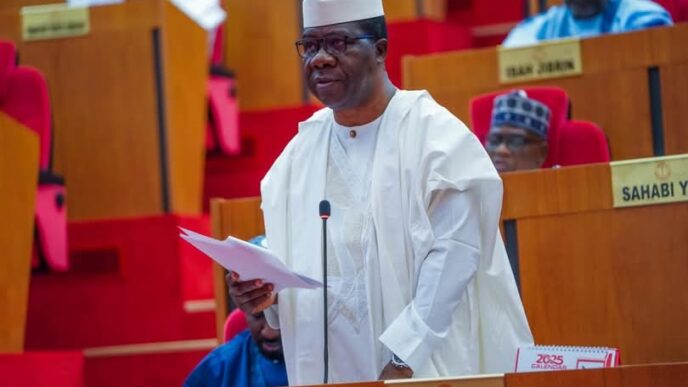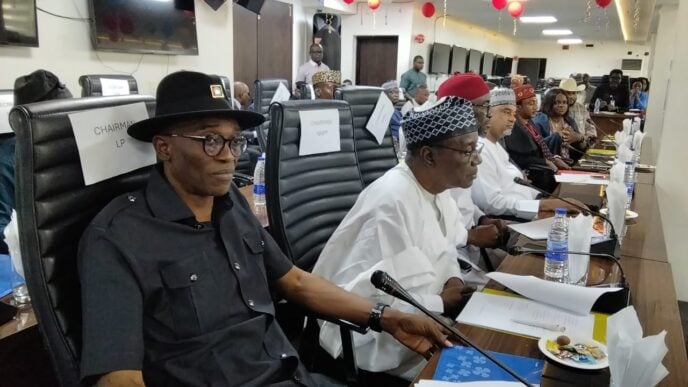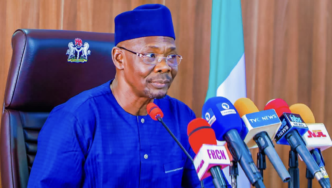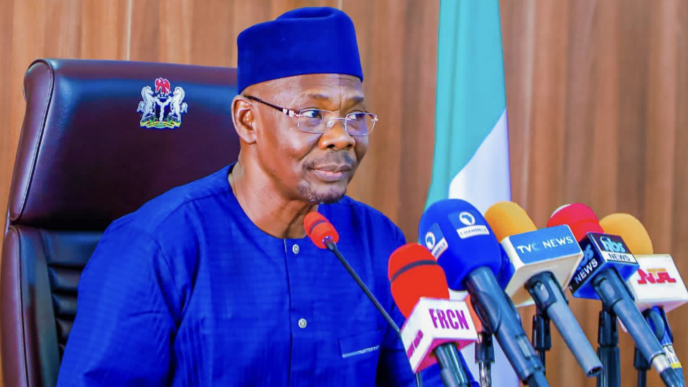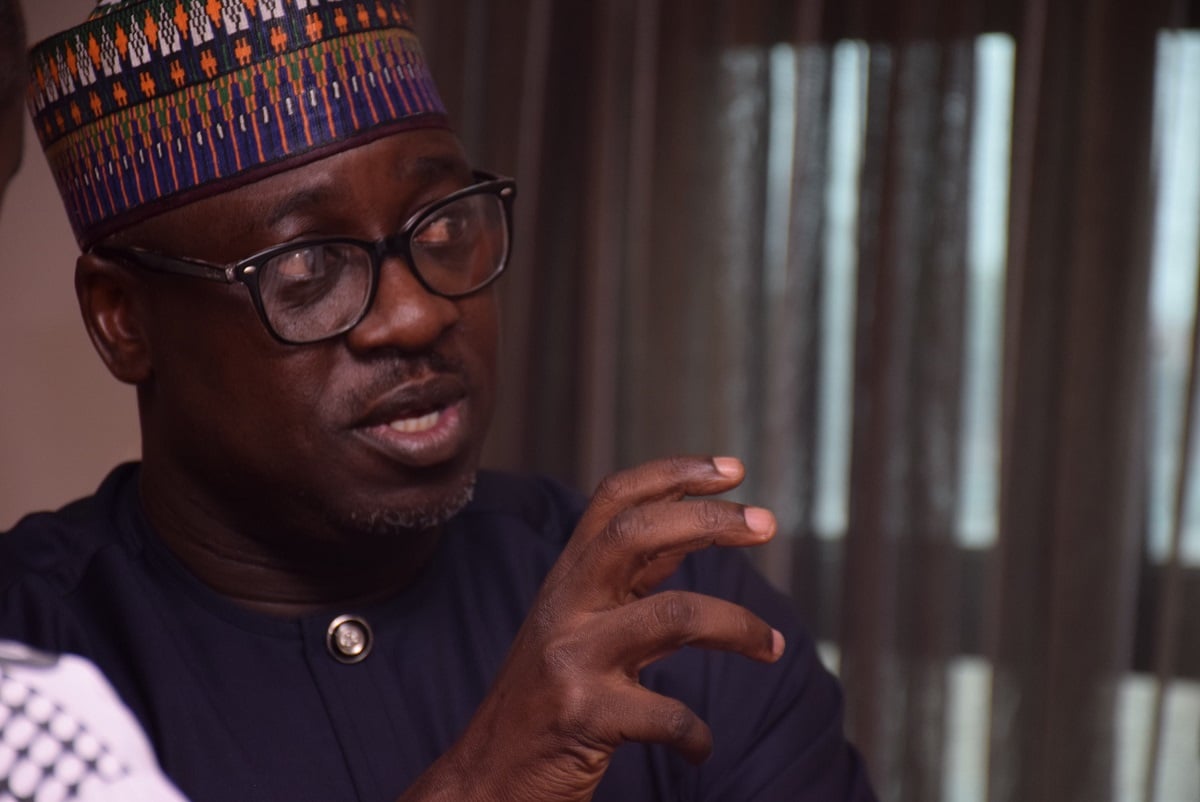The federal government and electricity generation companies (GenCos) have reached a consensus on the implementation framework for settling the long-standing N4 trillion debt owed to power producers and gas suppliers.
The agreement on the framework comes a week after Wale Edun, the minister of finance and coordinating minister of the economy, Bayo Adelabu, the minister of power, and Olu Verheijen, the special adviser to President Bola Tinubu on energy, met with senior executives of GenCos in Abuja to review settlement modalities for the outstanding debt.
On October 7, Adelabu said the president has approved a N4 trillion bond to settle verified debts owed to GenCos and gas suppliers.
In a statement on Tuesday signed by Senan Murray, media and communications unit, office of the special adviser to the president on energy, the parties agreed to conduct bilateral negotiations to finalise full settlement agreements that balance fiscal realities with the GenCos’ financial constraints.
Advertisement
Murray said the plan, approved by the president and endorsed by the federal executive council (FEC) in August, authorises the issuance of up to N4 trillion in government-backed bonds to settle verified arrears owed to generation companies and gas suppliers.
‘LARGEST POWER INTERVENTION IN OVER 10 YEARS’
According to Murray, this marks the largest intervention in over a decade, addressing legacy debt that has constrained investment and hindered reliable power delivery.
Tony Elumelu, chairman of Heirs Holdings and Transcorp Power, said for the first time in years, there is a credible and systematic effort by the government to tackle the root liquidity challenges in the power sector.
Advertisement
“We commend President Tinubu and his economic team for this bold and transformative step,” Elumelu said.
Also speaking, Kola Adesina, group managing director (GMD) of Sahara Group, said the initiative is significant in every respect.
“It gives us renewed confidence in the reform process and a clear signal that the government is serious about building a sustainable power sector,” Adesina added.
Also, Verheijen said FG’s focus is on creating the right conditions for investment, from modernising the grid and improving distribution to scaling embedded generation.
Advertisement
“By closing metering gaps, aligning tariffs with efficient costs, improving subsidy targeting to support the poor and vulnerable, and restoring regulatory trust, we are shifting from crisis response to sustained delivery and building the confidence needed to attract large-scale private capital,” she said.
On his part, Edun said the reforms go beyond liquidity as they are about rebuilding the fundamentals so that Nigeria’s power sector works for investors, for citizens, and for the next generation.
The minister said this is “how we create the enabling conditions for sustained private investment and transform reliable power into a catalyst for economic growth”.
Advertisement
